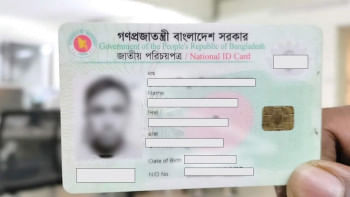Atrocities exposed,but what next?

Defectors and activists yesterday welcomed a UN-mandated inquiry's searing indictment of gross human rights abuses in North Korea, but analysts questioned the international community's ability to act on its recommendations.
Pyongyang's grim rights record has already been well documented by specialist monitors. But the size, breadth and detail of the report compiled by the Commission of Inquiry (COI) on North Korea -- and the UN imprimatur it carries -- set it apart.
The COI report detailed murder, enslavement, torture, imprisonment, rape, forced abortions and other sexual violence in North Korea, which chairman Michael Kirby said carried echoes of the Nazi Holocaust.
Hong Soon-Kyung, a defector who now heads the Seoul-based Committee for the Democratization of North Korea, told AFP that no report could truly reflect the brutality of the regime in the North.
Although the COI's findings were nothing new to those working on North Korean rights issues, Hong said their publication was a "very meaningful step" with a UN mandate that would help pressure Pyongyang and its few backers.
The COI panel said its leaders should be brought before an international court for a litany of crimes against humanity -- a recommendation that many observers suggested was wishful thinking.
Any substantive action on the part of the world community would require the participation of the North's key ally China, which has made clear it opposes any move to refer the Pyongyang leadership to the International Criminal Court (ICC).
Noted North Korea watcher Leonid Petrov said there was no simple solution in the current context of a diplomatically isolated, totalitarian state whose leadership is intent on survival at all costs.
The issue of rights abuses "cannot be resolved unilaterally, nor swiftly, without transforming the political climate of the whole region", said Petrov, a researcher at Australia National University.
This would require, he argued, formally ending the Korean War -- which concluded in 1953 with a ceasefire rather than a peace treaty -- as well as diplomatic recognition of North Korea and the lifting of sanctions imposed for its nuclear programme.
Otherwise the North would remain in a "perpetual and assiduously cultivated state of emergency" in which human rights were sacrificed on the altar of regime survival.
"Without the goodwill of regional policymakers to address the problem of the Korean War especially, the issue of human rights in Korea is unlikely to be resolved," Petrov added.

 For all latest news, follow The Daily Star's Google News channel.
For all latest news, follow The Daily Star's Google News channel. 



Comments